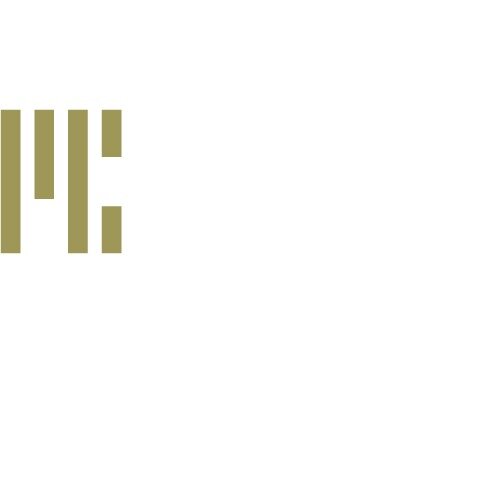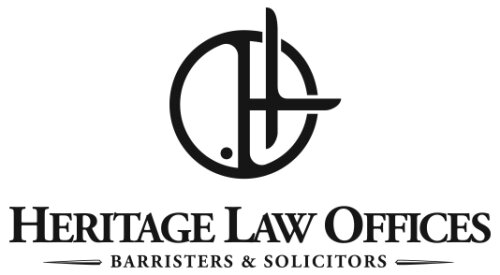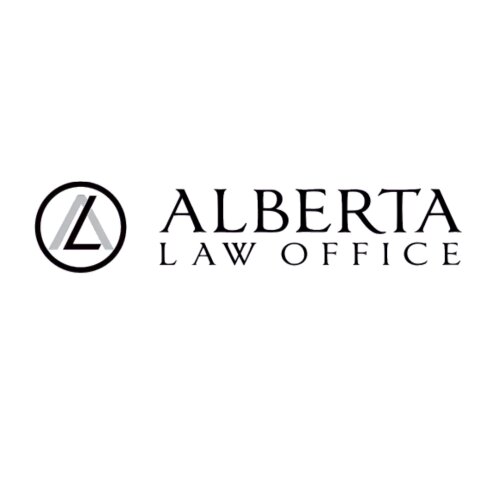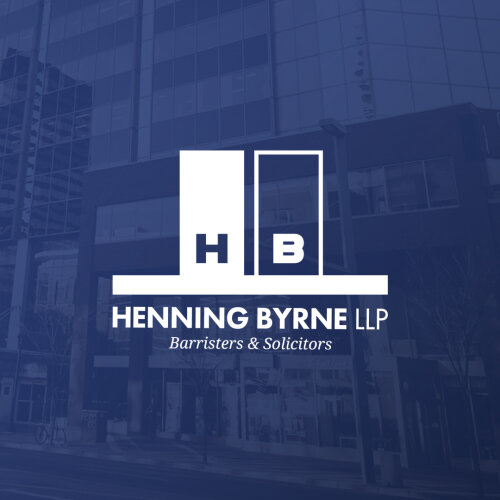Best ADR Mediation & Arbitration Lawyers in Edmonton
Share your needs with us, get contacted by law firms.
Free. Takes 2 min.
List of the best lawyers in Edmonton, Canada
About ADR Mediation & Arbitration Law in Edmonton, Canada
Alternative Dispute Resolution (ADR), which includes mediation and arbitration, is a commonly used method to resolve disputes in Edmonton, Canada. Mediation is a collaborative process where a neutral third party assists the disputing parties to reach a mutually acceptable solution. Arbitration, on the other hand, involves a neutral arbitrator who makes the final decision, typically binding, based on the evidences and submissions of the parties.
Why You May Need a Lawyer
Involvement of a lawyer in ADR processes ensures that your legal rights and interests are effectively represented. If you are involved in a complex business dispute, property case, or a family issue that requires third party intervention, an experienced ADR lawyer can help in structuring the negotiation, can represent you during the process, and will ensure that the legal aspects of any settlement agreement are correct and binding.
Local Laws Overview
ADR practices in Edmonton are governed by the Alberta Arbitration Act and the terms of contract between the parties. The Arbitration Act provides the legal framework for conducting arbitration in the province. Also, the Mediation Act sets out some ground rules for voluntary mediation proceedings. It's important to understand that the enforceability of an arbitration award or mediation settlement can depend on whether the principles and processes outlined in these acts have been adhered to.
Frequently Asked Questions
What is the difference between mediation and arbitration?
While mediation and arbitration are both forms of dispute resolution, the key difference is that in arbitration the arbitrator issues a decision about the dispute after hearing arguments from both sides. In mediation, the mediator assists the parties to reach their own resolution.
Is the outcome of mediation or arbitration legally binding?
The outcome of mediated settlements depends on the willingness of the parties to comply. However, arbitration decisions are binding and have the same effect as a court judgement.
Are ADR procedures confidential?
ADR proceedings are generally confidential, and any disclosures made during these proceedings cannot be used in court, should the matter eventually head there.
What kind of disputes can be resolved through ADR methods?
Most civil disputes, including those related to business contracts, property, family matters, and personal injury can be resolved through ADR methods.
Can I choose my mediator or arbitrator?
Yes, generally the parties to a dispute agree on their choice of mediator or arbitrator. If agreement cannot be reached, a court or third-party institution will make the appointment.
Additional Resources
Those seeking information or advice can approach the Alternative Dispute Resolution Institute of Alberta (ADRIA), or the Law Society of Alberta, which provides a range of resources and information. Provincial courts also offer dispute resolution services.
Next Steps
If you believe you require ADR legal services, you should seek professional legal advice. Contact a law firm in Edmonton specializing in arbitration and mediation. They can guide you on the nature of your case, the best form of ADR, and represent you during the process.
Lawzana helps you find the best lawyers and law firms in Edmonton through a curated and pre-screened list of qualified legal professionals. Our platform offers rankings and detailed profiles of attorneys and law firms, allowing you to compare based on practice areas, including ADR Mediation & Arbitration , experience, and client feedback.
Each profile includes a description of the firm's areas of practice, client reviews, team members and partners, year of establishment, spoken languages, office locations, contact information, social media presence, and any published articles or resources. Most firms on our platform speak English and are experienced in both local and international legal matters.
Get a quote from top-rated law firms in Edmonton, Canada — quickly, securely, and without unnecessary hassle.
Disclaimer:
The information provided on this page is for general informational purposes only and does not constitute legal advice. While we strive to ensure the accuracy and relevance of the content, legal information may change over time, and interpretations of the law can vary. You should always consult with a qualified legal professional for advice specific to your situation.
We disclaim all liability for actions taken or not taken based on the content of this page. If you believe any information is incorrect or outdated, please contact us, and we will review and update it where appropriate.













